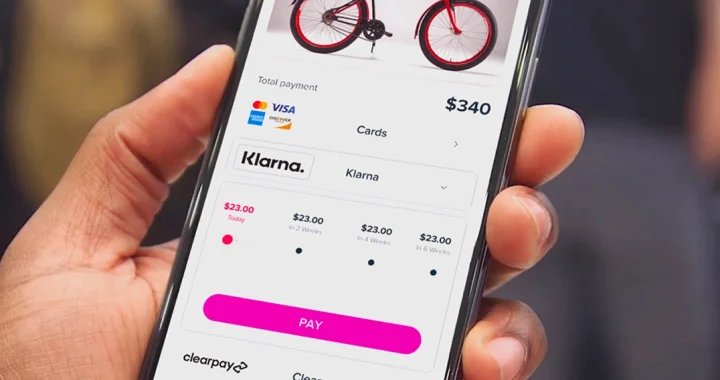The Importance of Financial Inclusion

Financial inclusion refers to an individual having access and using affordable and responsible financial services such as payments, savings, credit or insurance products.
Even with recent progress, significant gaps persist among men and women, poorer households, rural and urban communities, account ownership not necessarily translating to active use of accounts.
Access to Credit
Individuals need access to credit and financial services in order to start businesses, invest in education or other opportunities, manage risks effectively, and build wealth. Promoting financial inclusion has resulted in impressive progress: global account ownership has significantly increased since 1970; gender gap ownership has narrowed; over 60 countries have implemented national initiatives; however too much access can alienate or discriminate against consumers or reduce screening standards dangerously, endangering both consumers as well as the financial system (see figure).
Financial service providers must offer tailored products and programs to address individual needs while encouraging responsible use. This may involve providing impartial culturally appropriate financial education as well as clear product disclosures so that individuals can make informed decisions about their needs and choices and avoiding overdrafts or other fees.
Access to Insurance
People without access to financial services struggle to earn income, expand businesses, and invest in their communities. Affordability banking and insurance products provide invaluable assistance in mitigating income volatility, stabilizing consumption levels and building savings while weathering common financial setbacks like illness or drought.
CGAP works with countries to expand access to transaction accounts, payments, and other financial services that are useful, affordable, sustainable, and responsibly delivered. This involves harnessing emerging technologies; overcoming regulatory obstacles; and anticipating demographic shifts.
We emphasize our work in this area on those most at-risk, such as women, rural communities, migrants and refugees, the elderly and smallholder farmers who lack formal financial histories for managing life’s uncertainties and creating security and prosperity. Furthermore, this work includes the implementation of consumer protection safeguards which promote fair treatment by financial institutions as well as ethical conduct by them – something best achieved through strong legal and regulatory frameworks.
Access to Savings
Around 1.4 billion people around the world remain without access to formal financial services such as savings, payments, credit and insurance – leaving individuals and families struggling to meet basic needs, manage income volatility and take advantage of business opportunities – or lift themselves out of poverty.
Inclusion efforts have made great strides, with transaction accounts becoming almost universal in high-income economies and nearly so in lower middle-income countries (Global Findex 2021). Yet ownership alone does not ensure financial inclusion for all. Many dormant accounts exist – 13 percent have been dormant for one year or longer according to Bull (2018).
Financial service providers must make an effort to ensure their products and services are accessible and affordable, while governments should work toward simplifying access to government financial products and programs while upholding consumer protection regulations that uphold financially vulnerable populations. Innovators should leverage new technologies and fintech solutions in order to better serve underserved consumers.
Access to Investments
Access to useful and cost-effective financial services allows individuals and communities to invest in their futures, benefiting from increased health, productivity, and economic expansion. This investment in people can lead to improved health outcomes, higher levels of productivity and greater overall economic expansion.
Global financial inclusion has seen remarkable improvements over the past decade, as account ownership steadily increased and digital financial services provided access to savings, payments, and credit services. Yet gaps still exist between men and women, urban and rural populations, poorer households as well as active account usage lags behind mere ownership; plus privacy concerns and security challenges can prevent adoption of digital services particularly in regions without adequate data protection frameworks.
At McKinsey, we work closely with our clients to expand the availability of financial services that foster financial inclusion. Our approach involves addressing market barriers and using technology to broaden access for the world’s underserved populations such as microenterprises, poor households, women and marginalized groups.










